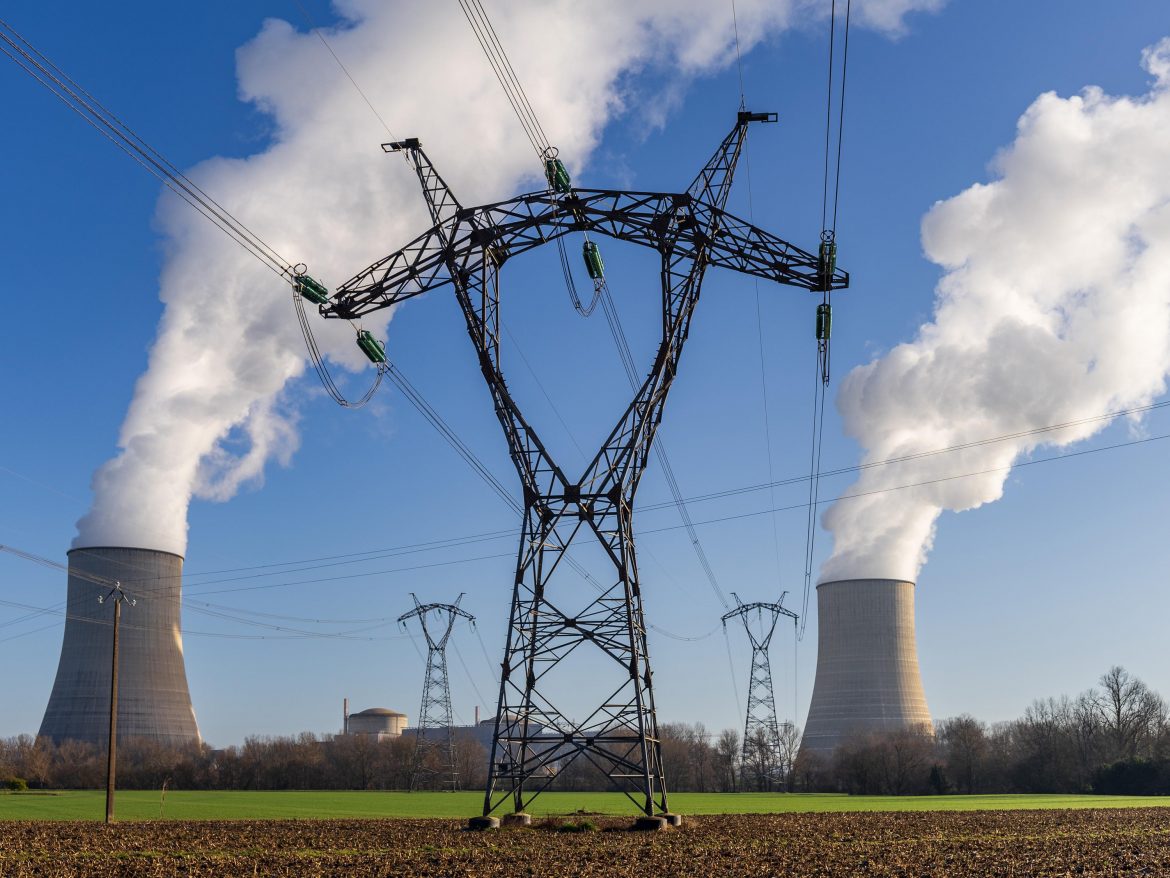Efforts by France to count nuclear energy towards EU renewable energy targets have seen increased resistance by seven EU states including Germany, Spain and Denmark, according to a letter seen by reporters on Thursday.
The European Union negotiations on more ambitious targets to expand renewable energy this decade have been slowed down by a dispute over whether countries can meet the goals using “low-carbon hydrogen” produced from nuclear power.
In a letter to Sweden which holds the rotating EU presidency and represents countries in EU policy negotiations, ministers from Austria, Denmark, Germany, Ireland, Luxembourg, Portugal and Spain call for the targets to be kept free of non-renewable energy sources.
“Taking into account low-carbon hydrogen and low-carbon fuels in the 2030 (renewable energy) targets would decrease the ambition and slow down renewables deployment, which in turn would jeopardize the achievement of the climate targets,” the ministers said in the letter.
Read also: Climate Action: International Breweries begins use of gas-powered trucks in Nigeria
This decade will be decisive for limiting climate change and renewable power and hydrogen will be the main drivers of the emissions cuts needed to do this, they said.
“Additional renewable energy capacity can be installed within short time frames and at comparatively competitive costs,” the letter said.
Nuclear energy is low-carbon, but not renewable. The fuel source has been a subject of controversy among EU countries, with Austria and Luxembourg firmly opposing it, while others including Germany are phasing out their reactors and countries including Denmark and Ireland are nuclear-free. France that has historically relied on nuclear energy for 70% of its power is leading the push to open up the EU renewable energy targets.
Last month, pro-nuclear EU countries including France, Poland, and the Czech Republic warned that excluding nuclear from the targets would slow development of hydrogen fuel, which Europe is betting on to decarbonise heavy industry.
An EU diplomat said frustration is beginning to grow among some countries over France’s push for nuclear at a late stage in the negotiations and a separate row in which Germany is stalling an EU law on car emissions after it had already been agreed.
Such moves by Europe’s two biggest economies “paint the picture of the big member states playing by different rules than the small ones,” the diplomat said.
The seven countries maintained that renewable goals should only be met by wind, solar and other renewable energy sources, albeit they said they were open to discussing low-carbon fuels’ contribution in other EU laws, including on gas networks.
Story was adapted from Reuters.
